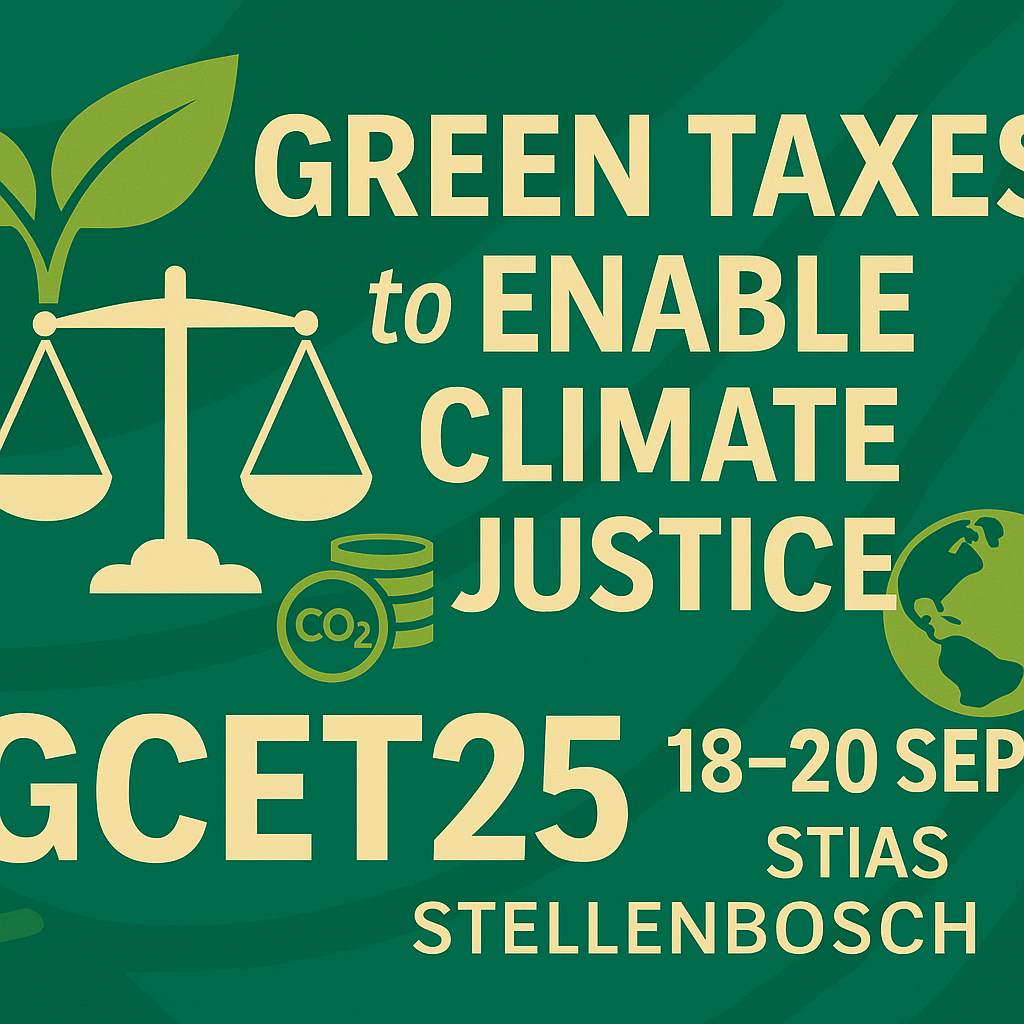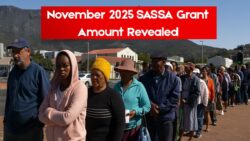Why Environmental Taxes Matter for Climate Justice
Environmental taxes—such as carbon taxes, levies on pollution, and incentives for clean technologies—price the true social cost of emissions while funding social protection and skills programmes. In emerging economies, revenues can be recycled to support workers, vulnerable households, and small businesses, aligning climate ambition with inclusive growth.

CBAM and the Global South
With the European Union’s Carbon Border Adjustment Mechanism (CBAM) moving to full implementation in 2026, GCET25 will examine trade and competitiveness impacts for exporters in the Global South. Sessions compare border measures, carbon leakage risks, and cooperation options so developing countries can remain competitive while decarbonising value chains.
Theme: North–South Perspectives on a Just Transition
Under the banner “Towards a just energy transition – perspectives from the global North and South”, GCET celebrates its 25th anniversary. Delegates include leaders from the World Bank, IMF, UN Environmental Tax Subcommittee, SARS, SAIT, ATAF, and the International Chamber of Commerce. Discussions span carbon pricing design, emissions trading systems, green fiscal reform, and public–private partnerships that deliver fairness and jobs.
Keynote & Conference Leadership
Saliem Fakir, founder and executive director of the African Climate Foundation, delivers the keynote, spotlighting climate action that advances inclusive socio-economic development. Conference chair Prof Lee-Ann Steenkamp underscores the urgency: with the IPCC warning that “humanity is at a crossroads,” fiscal tools must speed up the transition while protecting communities.
Finance Pathways: From JETP to City-Level Implementation
Building on initiatives like South Africa’s Just Energy Transition Partnership (JETP), GCET25 explores how international climate finance, domestic tax reform, and private capital can fund low-carbon development pathways. Practical workshops unpack revenue recycling, energy-security goals, and skills transitions for coal-dependent regions.
Who Should Attend & How to Engage
- Policy makers designing carbon taxes, ETS, and equity safeguards
- Researchers, lawyers, and economists shaping evidence-based reforms
- Businesses and cities piloting clean-tech and resilience projects
Learn More
For programme details, awards, and post-event resources, visit gcet25.co.za. GCET25 places green taxes and climate justice at the centre of global policy—now, on African soil.




